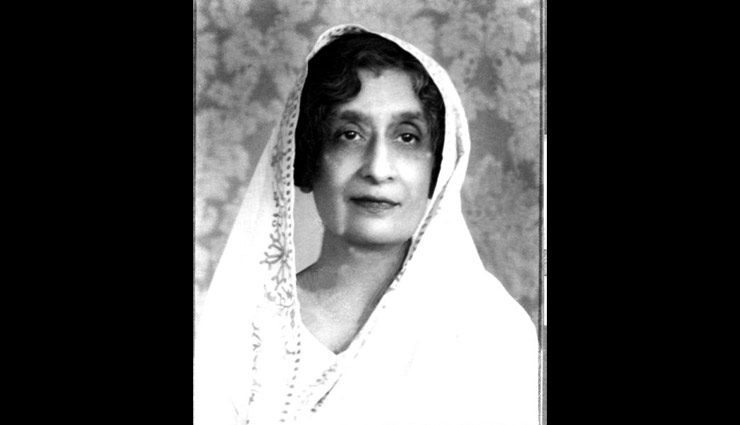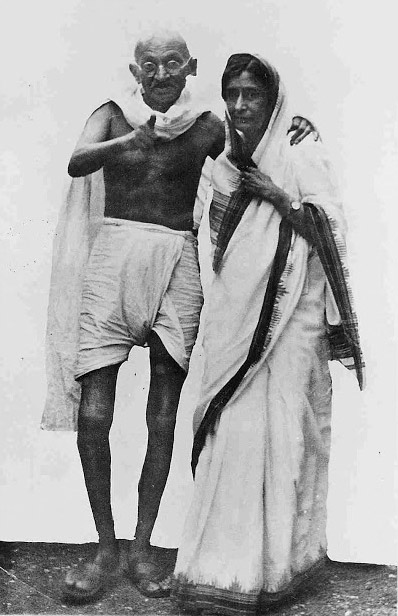Women's Day Special- India's First Health Minister Who Built AIIMS
By: Sandeep Gupta Tue, 06 Mar 2018 5:03:44

For years, the All India Institute of Medical Sciences (AIIMS) has been serving rich and poor with the best that medical science has to offer. It is a place where people unable to afford treatment at private hospitals come with the hope that the distinguished institution will end their suffering and miseries.
Yet few Indians know the story of the incredible woman who laid the foundation of AIIMS – Amrit Kaur.Not only did she help set up India’s premier public institution for healthcare, Kaur was also India’s first health minister, the first Asian woman to head the governing body of the World Health Organisation and, for more than 30 years, one of India’s great champions of women’s rights. Here’s her forgotten story.
Born on February 2, 1889, to Raja Harnam Singh (the younger brother of the prince of Kapurthala), Kaur grew up in Lucknow. It was from here that her father managed the vast Awadh estates of the royal family.
The only girl among seven children, Kaur was schooled at one of the foremost institutions of England, the Sherborne School for Girls in Dorset. Good in academics, the avid sports enthusiast was also the captain of the school’s hockey, lacrosse and cricket team.
After her schooling, Kaur joined Oxford to complete her college education. As such, the young princess was as much a product of Edwardian England as she was of India when she returned home in 1918 after completing her studies.
Kaur’s return to India also marked the beginning of an era of nationalist struggle that would go on to transform her life.

Interestingly, it was through Gokhale that Kaur learnt about Gandhi. Drawn to his vision for India, she wrote to him with the hope of joining the work being done at his ashram.
In 1926, Kaur founded the All India Women’s Conference, a first-of-its-kind organisation that worked for the rights of women. Under its aegis, she focused on a wide range of political and social issues, such as the abolition of purdah, child marriage and the Devadasi system.
In fact, it was her resolute and relentless campaigning that forced the government to increase the marriageable age of girls to 14 and then to 18.
She didn’t shy away from participating in dharnas and protests despite being injured, multiple times, during brutal lathi charges by the police. She even spent time in jail after being arrested by the British for her leadership of the protests.
A vociferous advocate of a universal adult franchise, Kaur worked tirelessly to ensure extensive political participation of women in the nationalist movement.
Elected to the Constituent Assembly from the United Provinces, Kaur was also one of the few female members who were in favour of a uniform civil code.
After India finally got its hard-won independence in 1947, Kaur became the first woman to hold a cabinet position in India. As the country’s first health minister, she set up the Tuberculosis Association of India, the Indian Council of Child Welfare, the Central Leprosy and Research Institute and the Rajkumari Amrit Kaur College of Nursing.
However, she is best known as the visionary to whom AIIMS owes its existence.
In 1950, Kaur was elected the president of the World Health Assembly (which governs the WHO) — she was the first woman and the first Asian to hold the prestigious post. Seven years later, she secured aid from New Zealand, Australia, Sweden, West Germany and USA to establish AIIMS.
In 1961, on the occasion of its 150th celebrations, USA’s Massachusetts General Hospital placed AIIMS on its list of the world’s most distinguished hospitals. Three years later, on February 6. 1964, Kaur passed away peacefully at the age of 75. The always graceful and simple lady had never married and left behind no children.
As much at ease representing India on the global stage as at Gandhi’s humble ashram taking copious notes, Amrit Kaur holds an irreplaceable position among independent India’s pioneering powerhouses on whose elegant shoulders we now stand. Its time we gave her the respect and recognition she deserves.





